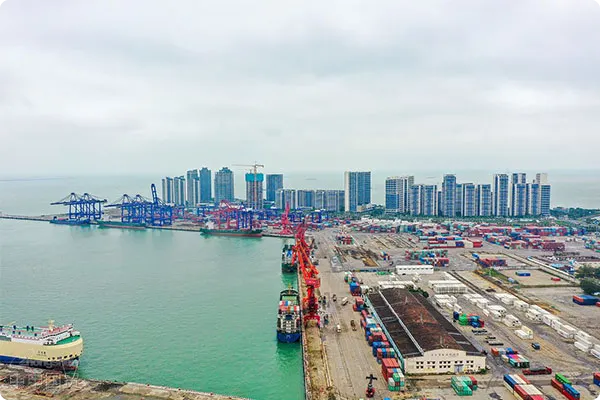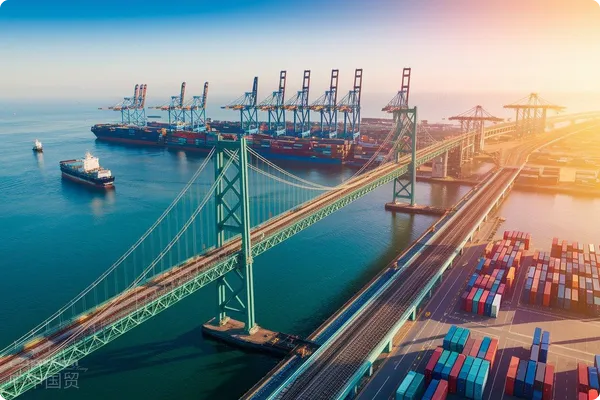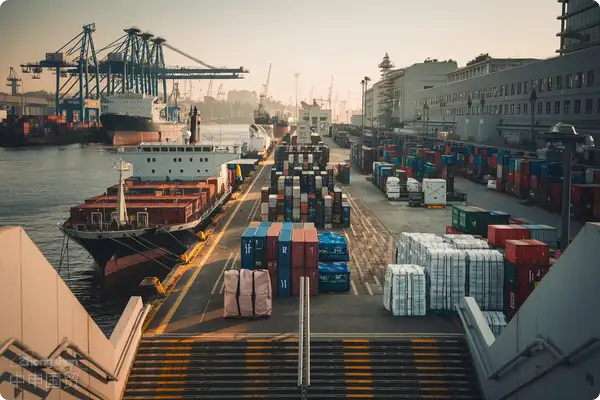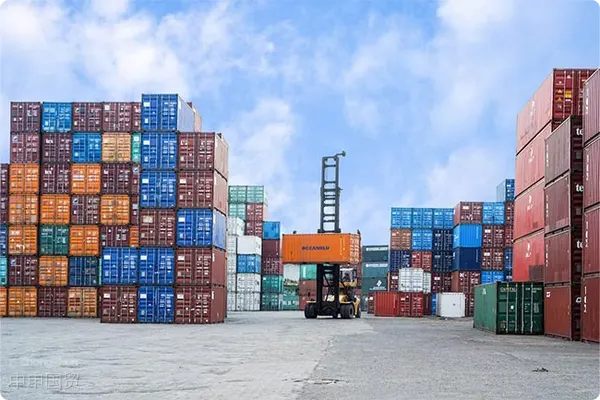- Shanghai Zhongshen International Trade Co., Ltd. - Two decades of trade agency expertise.
- Service Hotline: 139 1787 2118
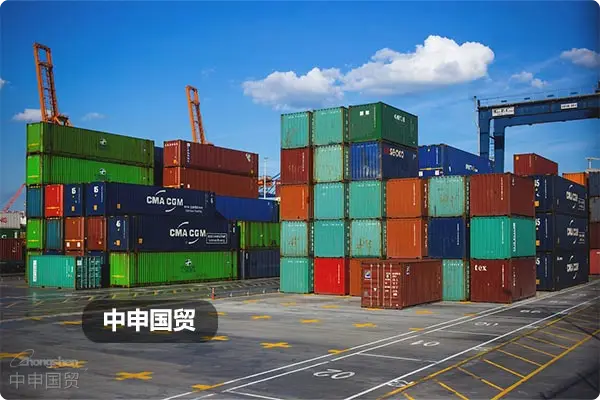
I. Introduction
In todays wave of economic globalization, international trade is flourishing, and export operations have become a vital pathway for enterprises to expand markets and enhance competitiveness. Export tax rebate policies, as an important measure by the state to encourage exports, provide enterprises with significant support in reducing tax burdens and increasing profits. However, export tax rebates involve a series of complex policies, regulations, operational procedures, and document management, posing considerable challenges for many enterprises. Export tax rebate agency services have emerged to provide professional and efficient solutions, playing an indispensable role in enterprises international trade activities.
II. The Connotation of Export Tax Rebate Agency Services
Export tax rebate agency services refer to a business model where enterprises entrust professional agencies to handle matters related to export product tax rebates. These agencies typically possess extensiveforeign trade, tax knowledge, and proficient operational experience. They are well-versed in nationalExport Drawbackpolicies, capable of accurately grasping policy changes, and providing comprehensive tax rebate agency services for enterprises.
III. Advantages of Export Tax Rebate Agency Services
(I) Professional Knowledge and Experience
Policy Interpretation
Export tax rebate policies are complex and frequently changing, with potential variations across different products and regions. Agency institutions have professional policy research teams that can deeply interpret policy implications, ensuring enterprises meet all requirements during the tax rebate declaration process. For example, for high-tech products eligible for special tax rebate policies, agencies can accurately determine whether an enterprises products meet relevant standards, helping enterprises obtain deserved tax rebate benefits.
Familiarity with Operational Processes
Starting fromExport Clearance, from document organization to tax rebate declaration and tax audit, agency institutions are well-versed in the entire process. During customs declaration, agencies ensure accurate completion of customs forms to avoid subsequent tax rebate obstructions due to errors. In document organization, they clearly know which documents are essential and how to ensure logical consistency among them. Taking VAT invoices as an example, agencies strictly verify the content, amounts, and matching with other documents like customs declarations, thereby improving the success rate of tax rebate declarations.
(II) Saving Enterprise Resources
Labor Costs
If enterprises handle export product tax rebate services themselves, they need to employ specialized personnel. This not only requires hiring professionals with foreign trade and tax knowledge but also involves training costs to familiarize them with business processes. By outsourcing to agencies, enterprises can free up these human resources to focus on core business development, reducing labor cost expenditures.
Time costs
The timeliness of export product tax rebate services is critical. Missing the stipulated declaration period may result in enterprises losing tax rebate benefits. Agencies leverage their efficient workflows and professional capabilities to complete tax rebate declarations in the shortest time, accelerating enterprise fund recovery. Compared to enterprises navigating the process themselves, agencies can avoid declaration delays due to lack of experience, saving significant time costs for enterprises.
(III) Risk Reduction
Compliance Risk
Tax authorities strictly audit export product tax rebates. If enterprises violate regulations during the declaration process, they may face penalties, rebate recovery, or even more severe consequences. Agencies ensure that enterprises tax rebate declarations fully comply with legal requirements, avoiding compliance risks arising from policy misunderstandings or operational errors.
Capital Risk
Before declaring tax rebates, agencies conduct comprehensive assessments of enterprises businesses to ensure the success rate of tax rebate declarations. If enterprises fail in self-declaration, it may delay fund recovery and impact cash flow. Through professional operations, agencies significantly reduce such financial risks, ensuring stable fund circulation for enterprises.
IV. Operational Process of Export Tax Rebate Agency Services
(I) Entrustment and Contract Signing
Enterprises and export tax rebate agencies first sign an entrustment agreement. The agreement clarifies the rights and obligations of both parties, including the scope of agency services, fee standards, confidentiality clauses, etc. This step establishes the legal foundation for cooperation, safeguarding the interests of both parties.
(II) Data Collection and Review
Data Collection
Enterprises need to provide agencies with a series of export-related documents, such as export customs declarations, commercial invoices, shipping documents, packing lists, and VAT special invoices. These documents serve as crucial evidence for tax rebate declarations, and enterprises must ensure their authenticity and completeness.
Data Review
Upon receiving the documents, agencies conduct meticulous reviews. The review includes checking logical consistency among documents, data accuracy, and compliance with tax rebate policy requirements. If issues are found, agencies promptly communicate with enterprises and assist in corrections.
(III) Tax Rebate Declaration and Tracking
Declaration Preparation
After confirming the accuracy of the documents, agencies prepare various forms and files required for tax rebate declarations as per tax authority requirements. These files must accurately include enterprise information, export product details, tax rebate amounts, etc.
Declaration Submission
Submit the prepared tax rebate declaration documents to the local tax authority. During submission, agencies ensure the format and content comply with tax authority regulations to avoid rejection due to formatting errors.
Tracking and Feedback
The agency will closely track the review progress of the tax refund application and maintain timely communication with the tax authorities. If the tax authorities raise questions or request additional documentation, the agency will respond promptly by providing the required explanations and materials.
(4) Receipt and Transfer of Tax Refund Funds
Fund Receipt
Once the tax refund application is approved, the tax authorities will disburse the refund amount to the designated account of the agency.
Transfer to the Enterprise
After receiving the tax refund, the agency will promptly transfer the refund amount to the enterprise in accordance with the entrusted agency agreement, thereby completing the entire export product tax refund agency process.
V. Conclusion
The export product tax refund agency business provides comprehensive and strong support for enterprises in international trade. By leveraging the agencys professional expertise, saving enterprise resources, and reducing risks, enterprises can focus more on core business activities such as product development and market expansion, thereby enhancing their competitiveness in the international market. With the continuous development of international trade and ongoing adjustments to export tax refund policies, the export product tax refund agency business will continue to optimize and innovate, creating more value for enterprises.
Related Recommendations
? 2025. All Rights Reserved. 滬ICP備2023007705號-2  PSB Record: Shanghai No.31011502009912
PSB Record: Shanghai No.31011502009912
